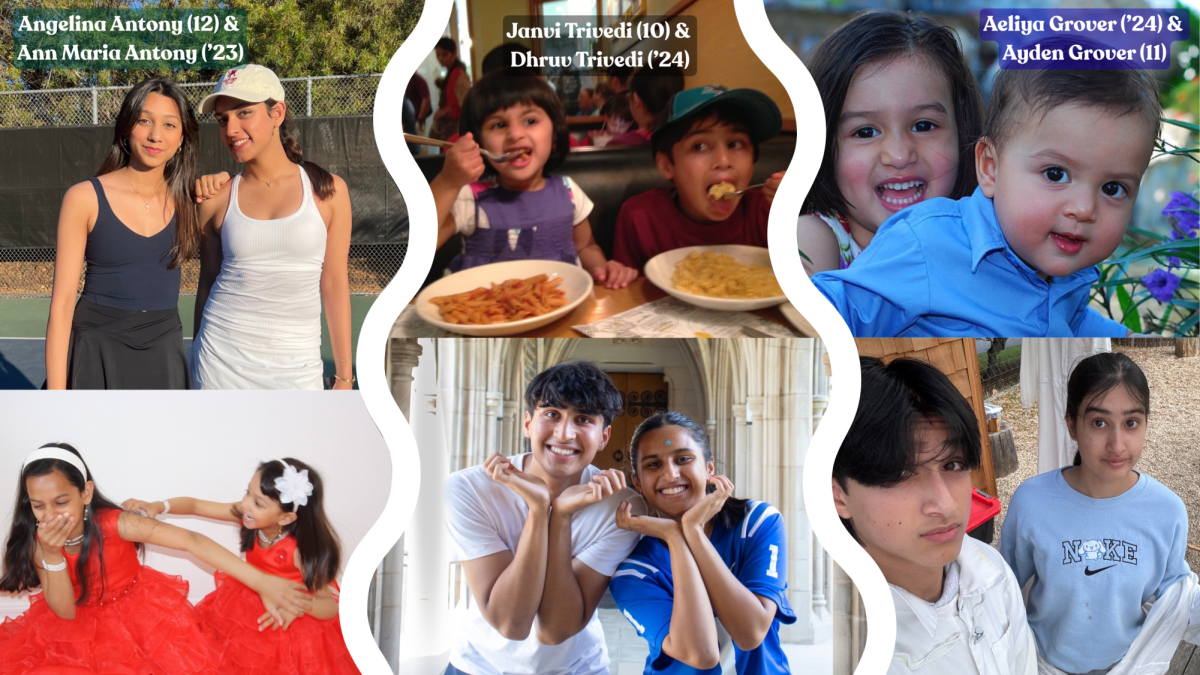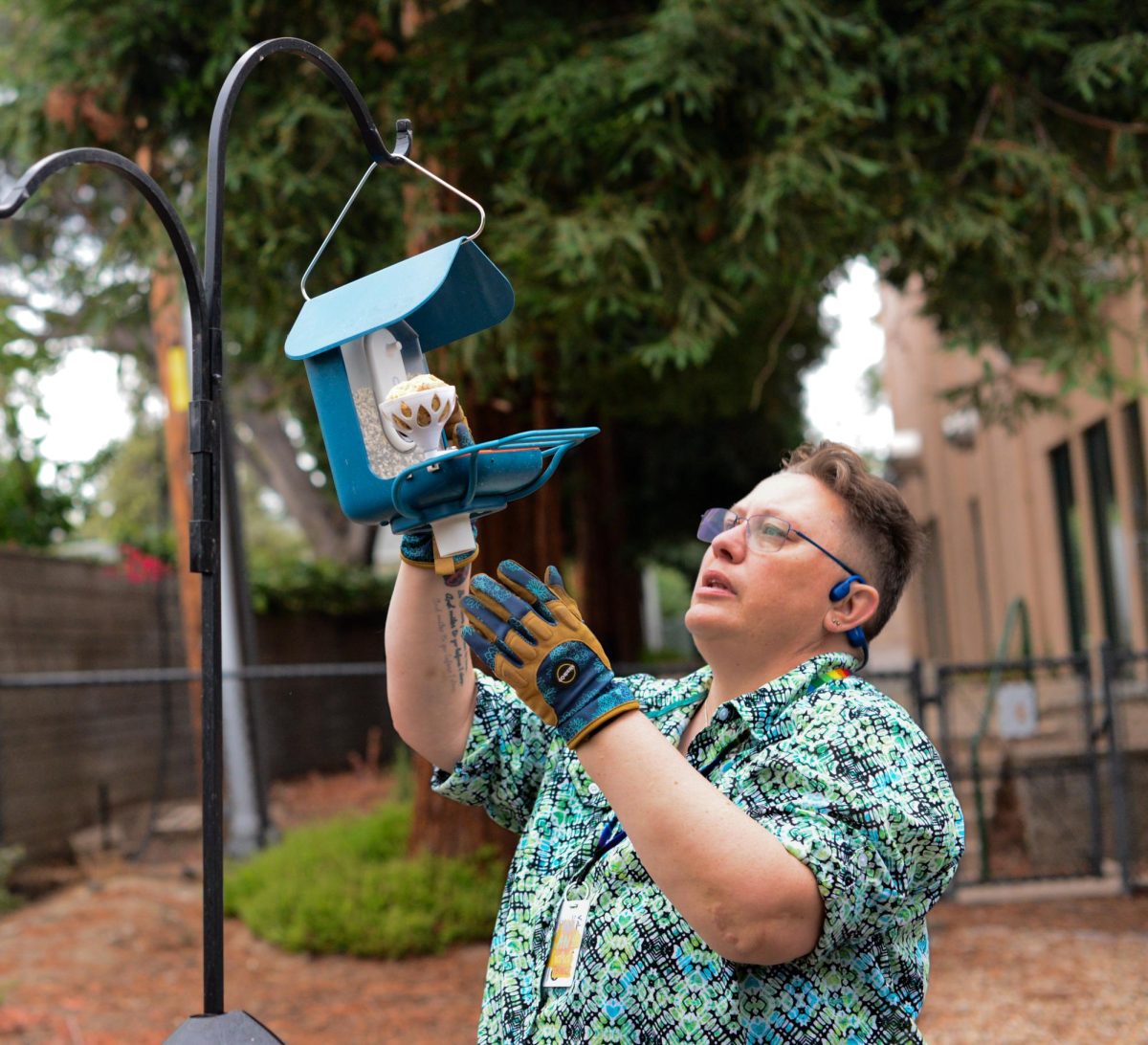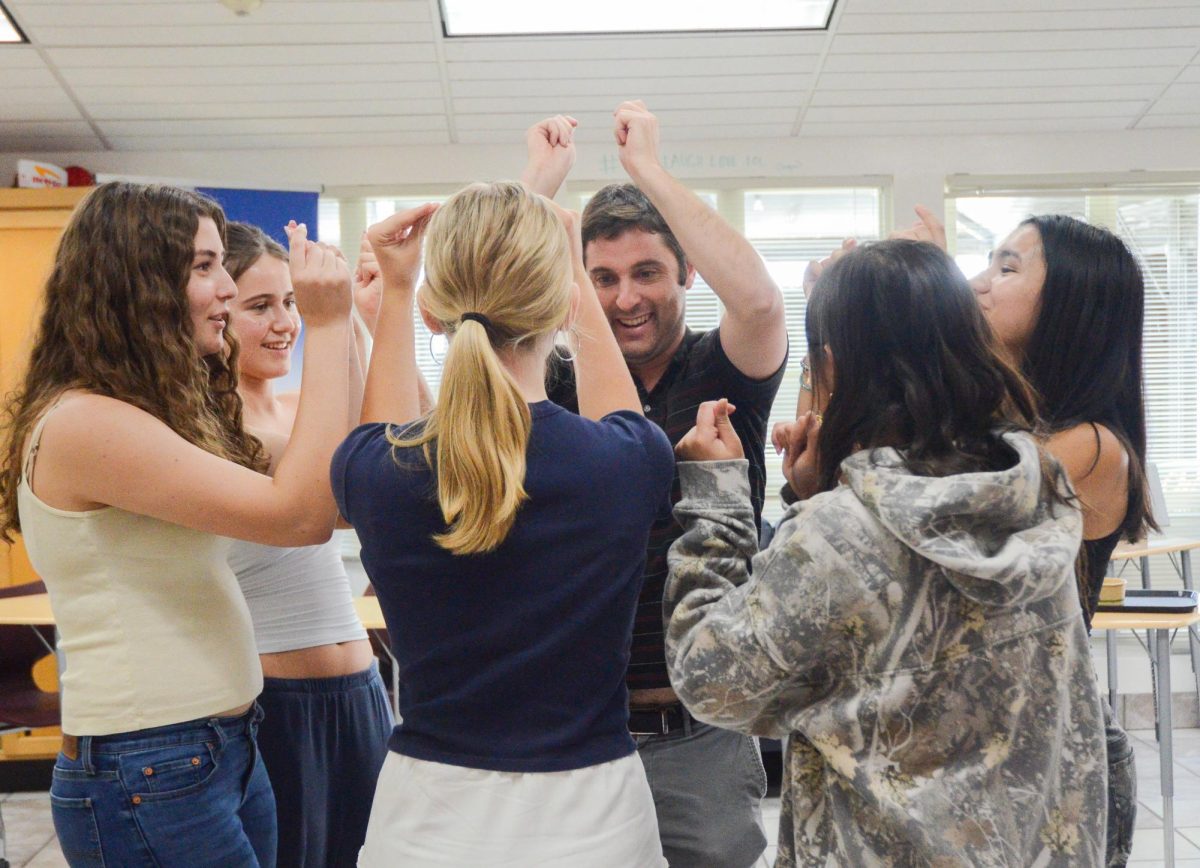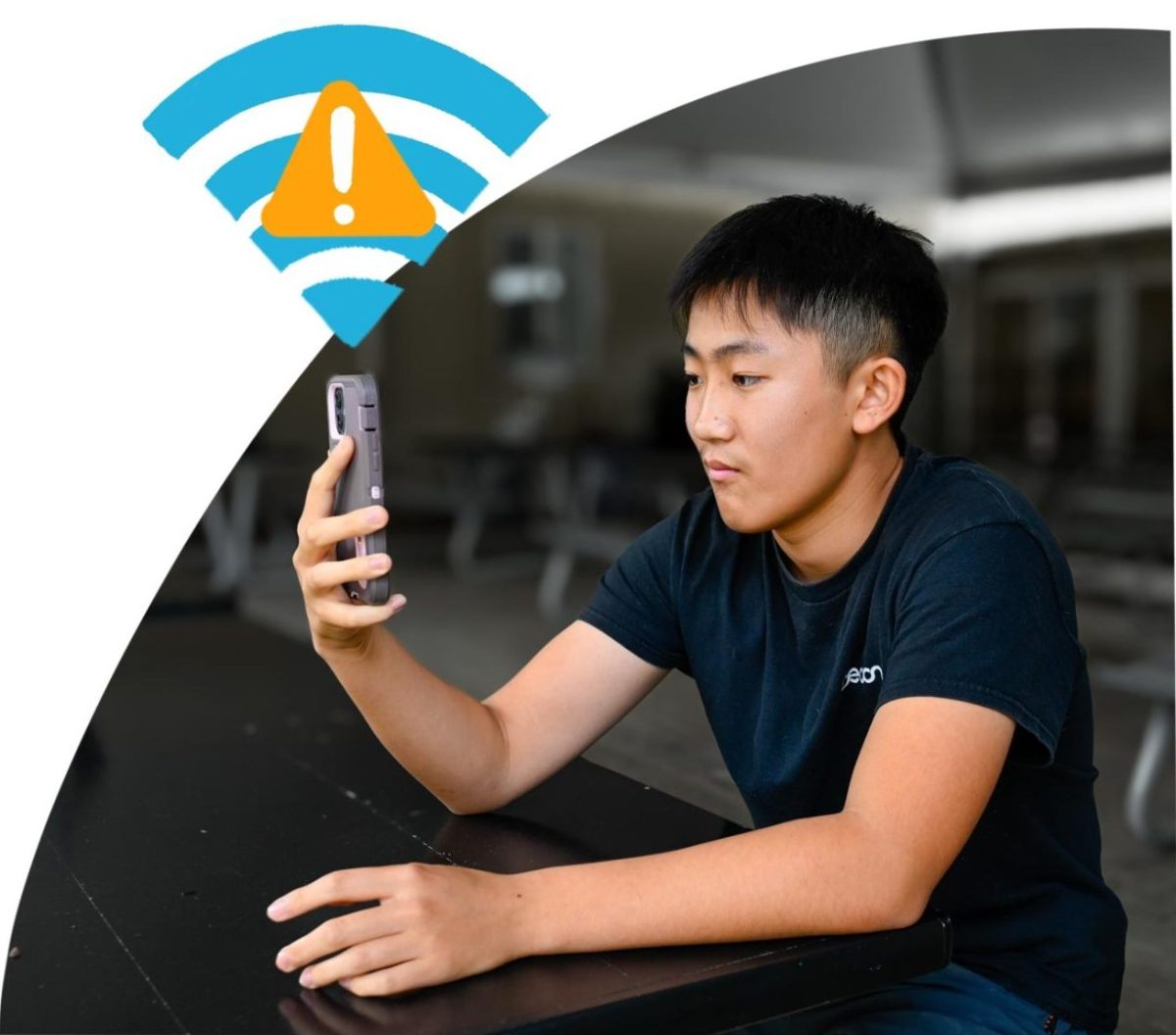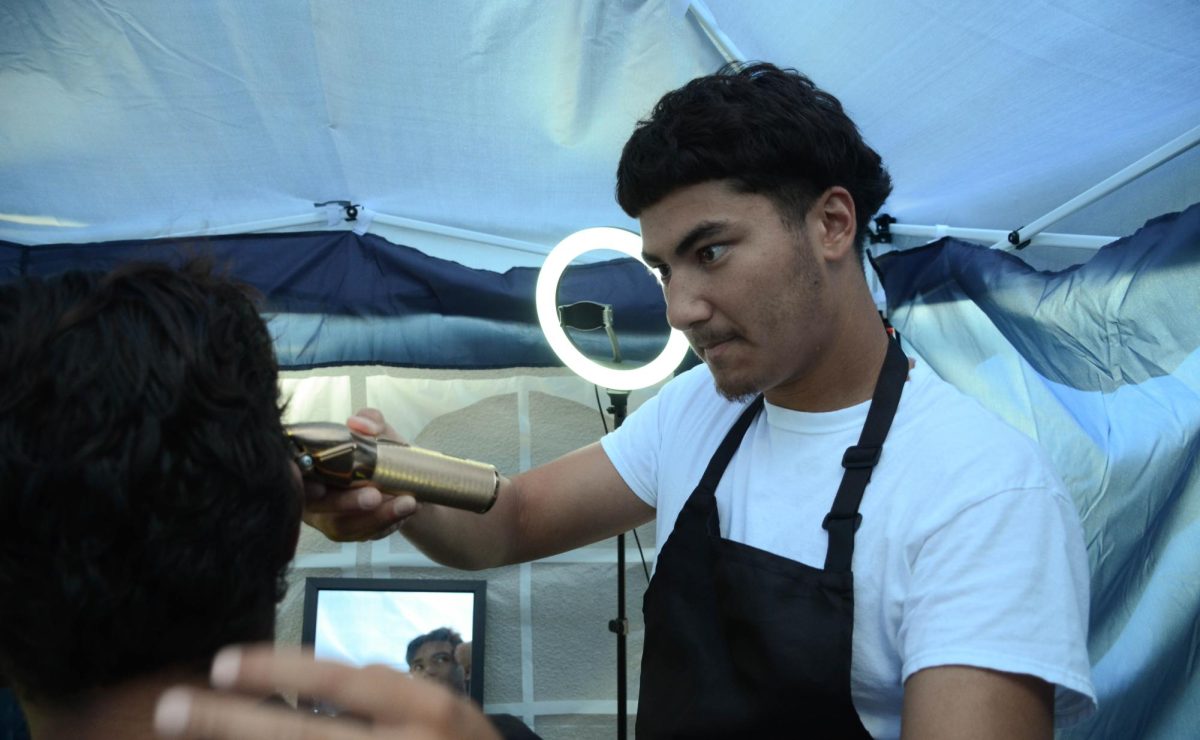As soon as Director of the Office of Speech Writing Vinay Reddy arrives at his office, the room buzzes with energy. The team is excited for the annual Diwali White House celebration being hosted later that day. From a Georgetown student to an astronaut, Reddy prepares all the speeches, including Former President Joe Biden’s.
During Biden’s campaign in 2019, Reddy joined the administration and was brought into the White House in July, making history as the first Asian-American speech writer for a president. His role represented a shift toward recognizing and hearing the stories of different marginalized communities.
“My mom didn’t get a formal education growing up and didn’t even speak English when she came to America,” Reddy said. “In a single generation, not only am I writing English, I’m writing for president. I try to make sure that I don’t lose that sense of honor about doing it, but also the pride in having the opportunity to really make sure that you have a sensitivity and awareness about the entire country and everyone’s different stories.”
Reddy pursued an education in law at Miami University and Ohio State. He then interned at an International Crisis Group where he learned about writing reports that dealt with agreements between country leaders. He was introduced to the composer Phillip Glass and found inspiration for storytelling through his minimalist classical music.
“[Phillip Glass] talked about how he thinks about the story of his sound, what he’s trying to accomplish and how to make people feel that way,” Reddy said. “I learned a lot about storytelling, but not in a traditional way. It wasn’t storytelling for someone who writes but how music tells that story, and how you fuse it with how an opera gets made visually.”
He applied to be a speechwriter for Ohio senator Sherry Brown in 2008 who introduced Reddy to former President Obama. There, Reddy worked with the vice president and key speakers during the 2012 administration. Afterwards, he worked for the National Basketball League and the Secretary of Human Health and Human Services before joining Joe Biden’s campaign in 2020.
He wrote countless speeches, everything from inaugural addresses to eulogies. Reddy recounts the speech he wrote addressing two mass shootings: one an elementary school shooting and the other an open fire in a grocery store in Texas which occurred in the same week.
“It’s always: you stare at the blank page, like, ‘Where do I start?’” Reddy said. “The hard ones are sometimes the most meaningful. You never feel like you have enough time. Say something happens, and two days later, the president is going to go visit. You have two days to write on something that serious and heavy and you just got to get to it.”
Reddy lived in a predominantly white neighborhood in the Midwest growing up and hopes that his speeches will continue to help uplift small communities similar to the ones where he grew up.
“Politics is a tough business—sometimes you win, sometimes you don’t, but I learned, if you believe in something, you can never give up on it,” Reddy said. “Things may not go the way you think it should but that doesn’t mean you stop believing in that thing. You learn from the good experiences and the not so good ones. If you can keep growing, keep trying to push yourself to be better — you learn something about yourself.”
Reddy described some of the unseen subtleties and dynamics of his job, noting the power of leaving impressions through writing.
“You think of it as writing, but a lot of it is listening,” Reddy said. “When you hear people talk about their experiences, what are they really saying? That’s what we need to address. And a lot of it is what’s almost left unsaid. If you can leave someone with a feeling; you’ve done a good job. They feel motivated to do and learn something that gives them a sense of understanding.”
Regardless of who he is writing for, Reddy always has the same process for his writing: creating a deep, personal connection to the people he serves.
“It doesn’t matter who you’re writing for,” Reddy said. “The real, most important thing is [that] you understand that person. How do they talk, how do they feel, their preference on how to tell a story or how to explain an issue. Everyone’s different. Everyone has a different voice and how they want to use it. Everyone has a different view on how they’re best at explaining something.”


















![“[Building nerf blasters] became this outlet of creativity for me that hasn't been matched by anything else. The process [of] making a build complete to your desire is such a painstakingly difficult process, but I've had to learn from [the skills needed from] soldering to proper painting. There's so many different options for everything, if you think about it, it exists. The best part is [that] if it doesn't exist, you can build it yourself," Ishaan Parate said.](https://harkeraquila.com/wp-content/uploads/2022/08/DSC_8149-900x604.jpg)




![“When I came into high school, I was ready to be a follower. But DECA was a game changer for me. It helped me overcome my fear of public speaking, and it's played such a major role in who I've become today. To be able to successfully lead a chapter of 150 students, an officer team and be one of the upperclassmen I once really admired is something I'm [really] proud of,” Anvitha Tummala ('21) said.](https://harkeraquila.com/wp-content/uploads/2021/07/Screen-Shot-2021-07-25-at-9.50.05-AM-900x594.png)







![“I think getting up in the morning and having a sense of purpose [is exciting]. I think without a certain amount of drive, life is kind of obsolete and mundane, and I think having that every single day is what makes each day unique and kind of makes life exciting,” Neymika Jain (12) said.](https://harkeraquila.com/wp-content/uploads/2017/06/Screen-Shot-2017-06-03-at-4.54.16-PM.png)








![“My slogan is ‘slow feet, don’t eat, and I’m hungry.’ You need to run fast to get where you are–you aren't going to get those championships if you aren't fast,” Angel Cervantes (12) said. “I want to do well in school on my tests and in track and win championships for my team. I live by that, [and] I can do that anywhere: in the classroom or on the field.”](https://harkeraquila.com/wp-content/uploads/2018/06/DSC5146-900x601.jpg)
![“[Volleyball has] taught me how to fall correctly, and another thing it taught is that you don’t have to be the best at something to be good at it. If you just hit the ball in a smart way, then it still scores points and you’re good at it. You could be a background player and still make a much bigger impact on the team than you would think,” Anya Gert (’20) said.](https://harkeraquila.com/wp-content/uploads/2020/06/AnnaGert_JinTuan_HoHPhotoEdited-600x900.jpeg)

![“I'm not nearly there yet, but [my confidence has] definitely been getting better since I was pretty shy and timid coming into Harker my freshman year. I know that there's a lot of people that are really confident in what they do, and I really admire them. Everyone's so driven and that has really pushed me to kind of try to find my own place in high school and be more confident,” Alyssa Huang (’20) said.](https://harkeraquila.com/wp-content/uploads/2020/06/AlyssaHuang_EmilyChen_HoHPhoto-900x749.jpeg)



![Vinay Reddy advises former President Biden on a speech. “It doesn't matter who you're writing for,” Reddy said. “The real, most important thing is [that] you understand that person."](https://harkeraquila.com/wp-content/uploads/2025/03/Vinay-Reddy-e1741423129934-1200x904.jpeg)
